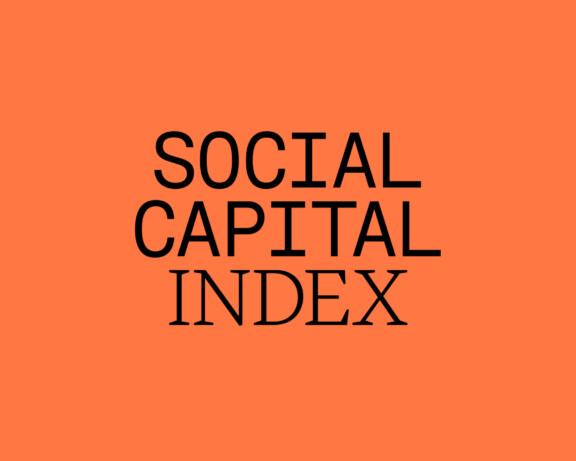Brand-Led Culture Change by Sustainable Brands: The Must-Attend Impact Event

Share:
Communicating in Times of Polarization
Revolt London, an impact-driven agency, presented the challenges of communicating a company’s social and environmental commitments during a time of political polarization through their report “Poking the Bear.” Environmental, social, and governance (ESG) commitments are highly politicized in the United States, which is why Revolt London decided to conduct a study on this subject.
The report’s conclusions are that:
- People who vote for the Republican Party are less receptive to progressive messages.
- People who vote for the Democratic Party are more open to progressive messages, but centrist messages are also effective.
- Centrist language can be used to bridge the gap between political groups.
The agency, therefore, proposes several approaches to communicating on topics such as renewable energy or climate change using centrist language. Of course, the most important thing here is to understand the audience and develop the right communication formula to reach the target effectively.
For example, when talking about clean energy to Americans, the phrase “American clean energy – from sources within the heart of America” resonates much more than “Fighting for energy justice through a fairer and greener system.” Revolt London, therefore, focuses on what is most dear to the audience: their sense of belonging to their country and their patriotism, regardless of their political affiliation.
The Right Partnership for the Right Brand
Mars, a major international brand, presented a case that caught our attention. The multinational chose the biggest brand in its portfolio, M&M, to convey its renewable energy commitments through a campaign. And this campaign was… a big flop!
In hindsight, Mars realized that M&M had never spoken about the environmental commitments of the parent brand, and therefore, its target audience paid little attention to these issues. The campaign’s failure could then be attributed to the choice of the brand, which proved ineffective.
Conversely, for several years, the Malteser brand, also under the Mars group, has positioned itself as an ally to women by addressing the mental health of young mothers. Their campaigns consistently perform well with their target audience.
This example clearly shows the importance of choosing the right engagement messages based on the brand’s impact positioning and its target audience.
Filtering Based on Environmental Impact
Just Salad is a restaurant chain founded in 2006, specializing in salads and healthy dishes, firmly committed to promoting sustainable practices and reducing its environmental impact. Among its many eco-friendly initiatives, Just Salad allows customers to filter the online menu based on the environmental impact of the products, displaying the greenhouse gas (GHG) emissions of each ingredient. The company also offers the option to offset the emissions of an order. Its Bring Back Bowl program encourages the use of reusable bowls by offering a free topping with each bowl reuse.
As a certified B Corp, Just Salad adheres to the highest standards of social and environmental performance. These initiatives demonstrate Just Salad’s commitment to creating a more sustainable future while offering healthy and delicious meals.
Reducing Food Waste by Giving Back
The Cheesecake Factory’s Nourish program, in partnership with Copia, aims to reduce food waste by recovering surplus food and distributing it to non-profit organizations (NPOs) working in food security. Through Copia’s on-demand food donation platform, The Cheesecake Factory donated over 400,000 pounds of food in 2020. In addition to enabling accurate measurement of donations, this partnership also provides tax deductions through food contributions. This partnership demonstrates The Cheesecake Factory’s commitment to sustainability and supporting communities in need.
In conclusion, this event provided us with a valuable opportunity for reflection and sharing, allowing us to return with new ideas and enriching perspectives to continue advancing our vision of a sustainable and responsible future. The entire team is eager to put these learnings into practice, but most importantly, to continue inspiring other companies to follow the path of positive impact.
Want to test our proprietary Social Capital Index yourself? Click here!



